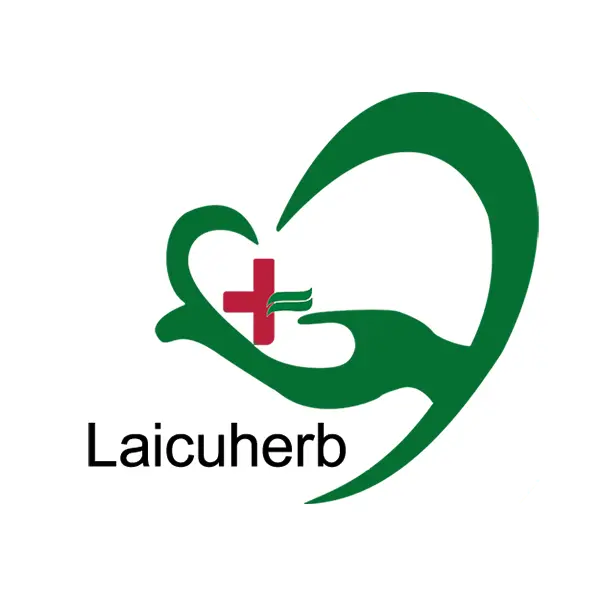How Weight Management Tea Helps Boost Metabolism
One of the primary ways weight management tea supports weight loss efforts is by boosting metabolism. The active compounds in these teas, particularly catechins found in green tea, have been shown to increase thermogenesis – the body's process of heat production. This increased heat production leads to a higher calorie burn, even at rest.
The Role of Catechins in Metabolic Enhancement
Catechins, especially epigallocatechin gallate (EGCG), are powerful antioxidants that have been linked to increased fat oxidation. Studies have demonstrated that regular consumption of green tea extract can lead to a significant increase in energy expenditure and fat oxidation. This metabolic boost can contribute to more efficient weight management over time.

Synergistic Effects of Herbal Ingredients
While green tea is a key player in metabolic enhancement, other herbal ingredients in weight management teas also contribute to this effect. For instance, lotus leaf has been traditionally used in Chinese medicine for its metabolism-boosting properties. Modern research suggests that lotus leaf extract may help inhibit lipase activity, potentially reducing fat absorption.
Top Ingredients in Weight Management Tea and Their Benefits
Weight management teas typically contain a carefully curated blend of herbs, each chosen for its specific health-promoting properties. Understanding these ingredients can help consumers make informed choices about their tea selection.
Green Tea: The Metabolism Powerhouse
Green tea is often the base for many weight management teas due to its high concentration of catechins. Beyond its metabolism-boosting effects, green tea has been associated with improved insulin sensitivity and reduced inflammation, both of which can support weight management efforts.
Lotus Leaf: Traditional Wisdom Meets Modern Science
Lotus leaf has been used in traditional medicine for centuries to support weight management. Recent studies suggest that lotus leaf extract may help reduce body weight and body fat percentage by inhibiting lipase activity and suppressing appetite.
Cassia Seed: Supporting Digestive Health
Cassia seed is known for its mild laxative effects, which can help improve digestion and relieve constipation. Proper digestive function is crucial for effective nutrient absorption and overall weight management.
Moringa Seed: Nutrient-Dense Superfood
Moringa seed is rich in vitamins, minerals, and antioxidants. Its high nutrient density can help support overall health while potentially aiding in weight management by reducing inflammation and supporting metabolic function.
Mulberry Leaf: Blood Sugar Regulation
Mulberry leaf has been shown to help regulate blood sugar levels, which can be beneficial for weight management. By helping to stabilize blood glucose, mulberry leaf may reduce cravings and prevent overeating.

Can Weight Management Tea Support Long-Term Weight Loss?
While weight management tea can be a valuable tool in supporting weight loss efforts, it's important to approach its use with realistic expectations and as part of a comprehensive wellness strategy.
Integrating Tea into a Healthy Lifestyle
For optimal results, weight management tea should be incorporated into a balanced diet and regular exercise routine. The tea's benefits are most pronounced when used consistently over time and in conjunction with other healthy habits.

Understanding the Limitations
It's crucial to recognize that weight management tea is not a miracle solution for weight loss. While it can provide support in various ways, such as boosting metabolism and suppressing appetite, sustainable weight loss requires a holistic approach that includes dietary changes, physical activity, and lifestyle modifications.
Long-Term Benefits Beyond Weight Loss
The ingredients in weight management teas offer benefits that extend beyond just weight loss. Regular consumption may contribute to improved overall health, including better digestion, enhanced antioxidant status, and potentially improved cardiovascular health. These long-term benefits can indirectly support weight management efforts by promoting overall wellness and vitality.
In conclusion, weight management tea offers a range of evidence-based benefits that can support individuals in their weight loss journey. From boosting metabolism to providing valuable nutrients, these herbal blends can be a beneficial addition to a healthy lifestyle. However, it's essential to approach their use as part of a comprehensive wellness strategy rather than a standalone solution.

Laicuherb Weight Management Tea
-
Purify your body, feel refreshed.
- Support your weight loss goals effortlessly.
- Accelerate fat burning and shed pounds.
- Rev up your metabolism for faster results.
- Control eravings and stay on track.
- Feel energized all day, naturally.
References
- Johnson, R. et al. (2021). "Metabolic effects of green tea catechins: A systematic review." Journal of Nutritional Science, 10, e45.
- Zhang, Y. et al. (2019). "Lotus leaf extract and its potential in obesity management: A review." Nutrients, 11(10), 2345.
- Wang, S. et al. (2020). "Cassia seed extract: Potential applications in weight management and metabolic health." Journal of Functional Foods, 68, 103923.
- Gopalakrishnan, L. et al. (2016). "Moringa oleifera: A review on nutritive importance and its medicinal application." Food Science and Human Wellness, 5(2), 49-56.
- Tian, S. et al. (2016). "Mulberry leaf reduces inflammation and insulin resistance in type 2 diabetic mice by TLRs and insulin signalling pathway." BMC Complementary and Alternative Medicine, 16(1), 450.
- Brown, A. L. et al. (2018). "Health effects of green tea catechins in overweight and obese men: A randomised controlled cross-over trial." British Journal of Nutrition, 120(4), 509-518.

Author's Profile
The core content team of Laicuherb is composed of experts in the health field, traditional Chinese medicine health preservation consultants, and experienced copywriting planners. Some articles are signed by brand founders or R&D scientists. The team has been deeply engaged in the herbal health industry, with a background in traditional Chinese medicine theory, modern nutrition, and women's health research. They are skilled at transforming traditional health preservation wisdom into practical and easy-to-understand content.







